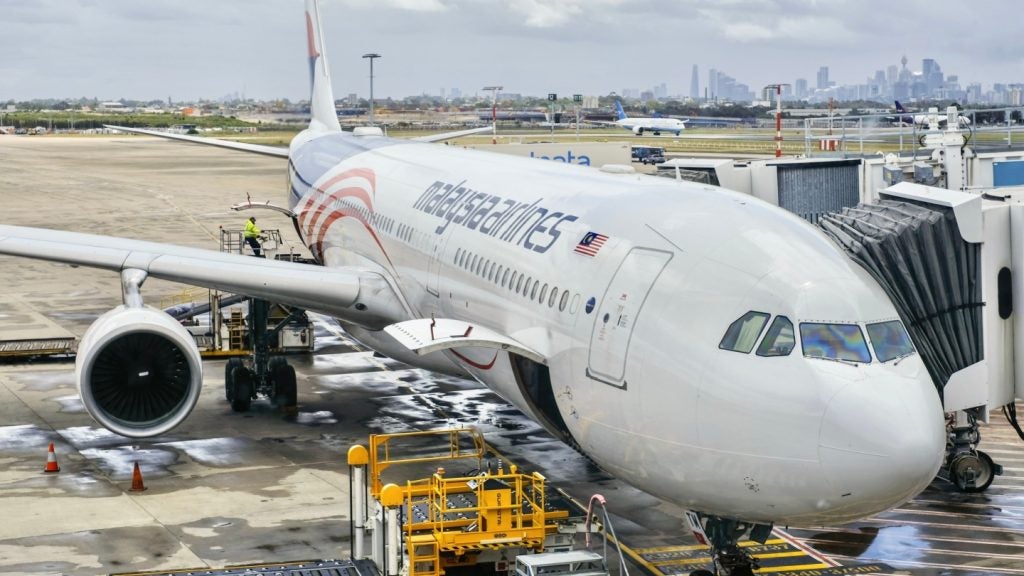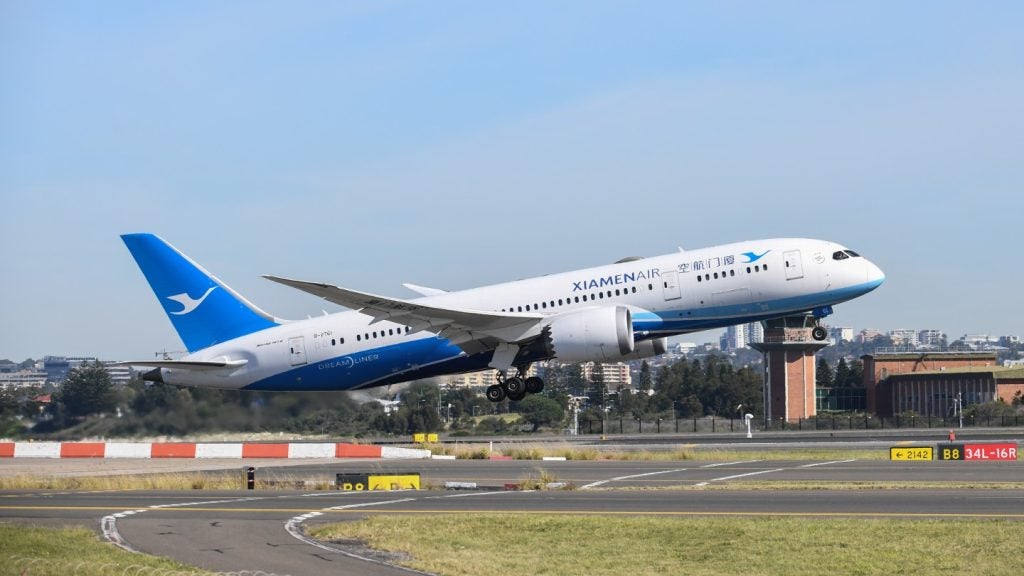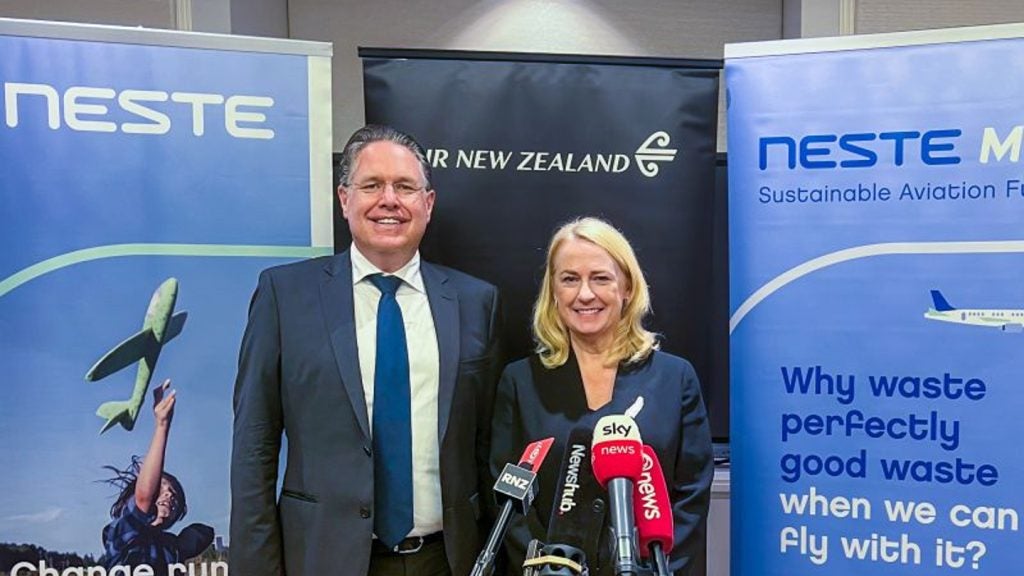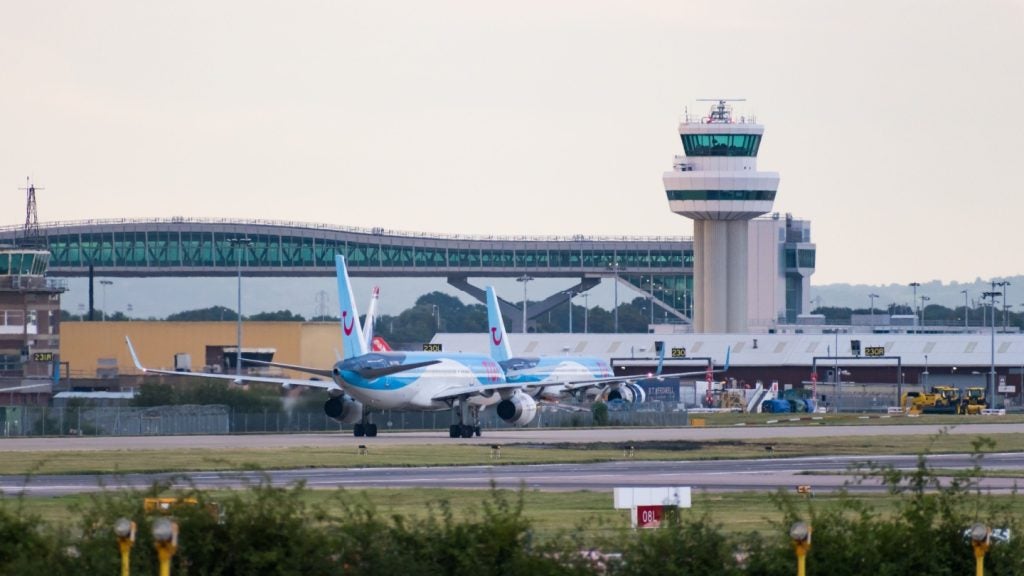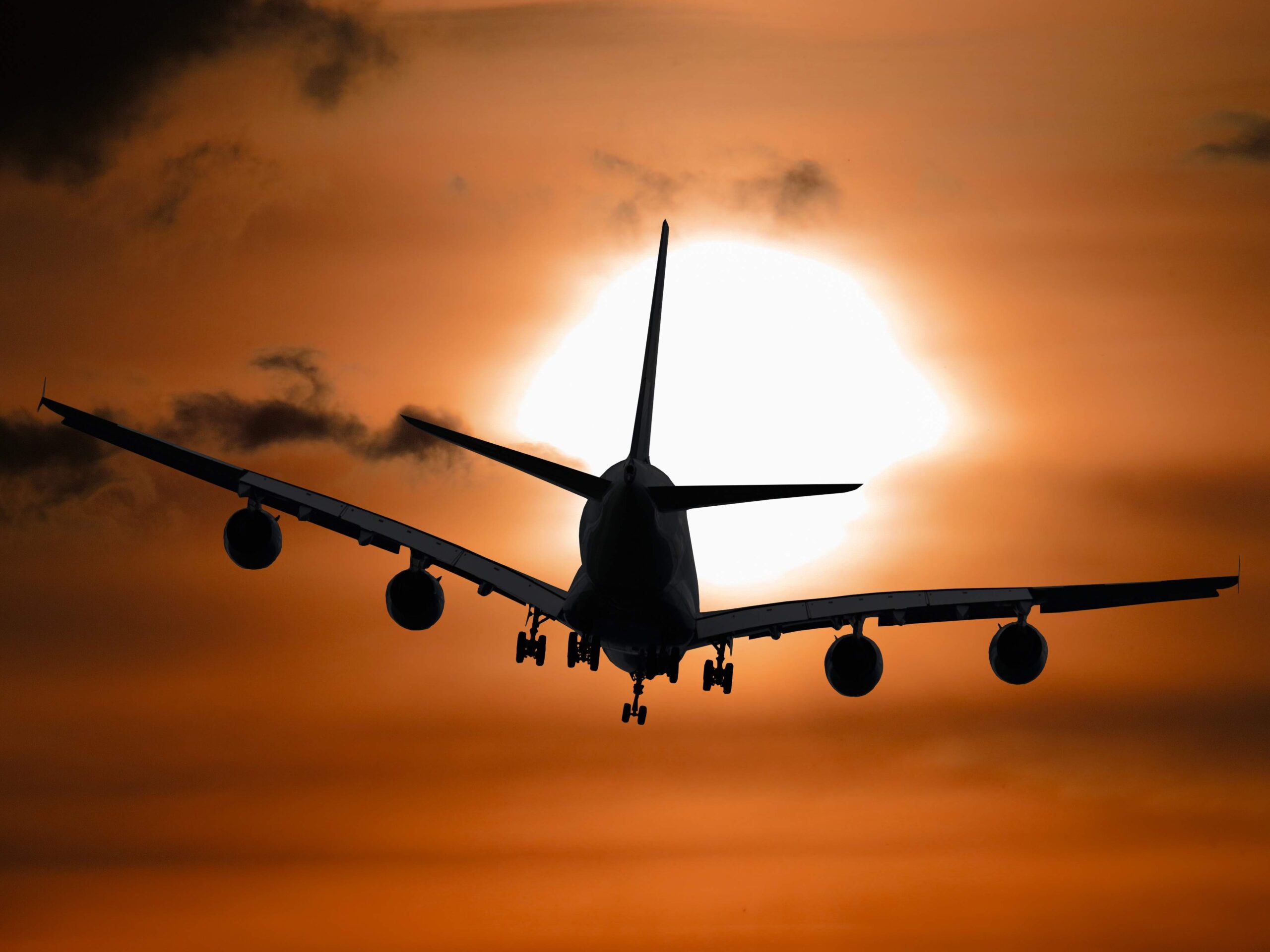
The contribution of aviation to climate change has long been a sticking point for environmentalists. According to the most recent figures from the Intergovernmental Panel on Climate Change, the global aviation industry produces around 2% of all human-induced carbon dioxide (CO2) emissions, with flights worldwide emitting a staggering 781 million tonnes of CO2 in 2015.
In spite of the sector’s predicted growth, aviation organisations are adamant that a landmark agreement last year will help the industry to meet its global emission reduction goals. On 6 October 2016, government representatives from nearly 200 countries met at the International Civil Aviation Organisation’s (ICAO) 39th General Assembly to formalise its Carbon Offsetting and Reduction Scheme for International Aviation (CORSIA).
CORSIA is a global market-based measure that aims to offset emissions from the aviation sector, with the ultimate aim of achieving carbon-neutral growth for the industry from 2020 onwards. The scheme is in line with the International Air Transport Association’s (IATA) four-pillar strategy introduced in 2007, which sought a commitment from aviation stakeholders to invest in improved technology, operations and infrastructure to reduce aviation’s environmental impact.
Offsetting carbon emissions
At the time of writing, 72 ICAO member states have voluntarily agreed to participate in the pilot phase and the first official phase of CORSIA, which will run from 2021-2026. From 2027, participation will be mandatory for member states meeting certain criteria related to their level of aviation activities, with the exception of several less developed or landlocked countries.
Under CORSIA, the average volume of CO2 emissions released by airlines involved in the scheme between 2019 and 2020 will represent the basis for carbon neutral growth from 2020.
In any year after this that aircraft operators submit a higher number of emissions, they must purchase an equivalent number of offsets (or ‘emission units’) to support environmental projects in other industries. It will be up to ICAO member states to enforce the rules for operators based in their country.
How well do you really know your competitors?
Access the most comprehensive Company Profiles on the market, powered by GlobalData. Save hours of research. Gain competitive edge.

Thank you!
Your download email will arrive shortly
Not ready to buy yet? Download a free sample
We are confident about the unique quality of our Company Profiles. However, we want you to make the most beneficial decision for your business, so we offer a free sample that you can download by submitting the below form
By GlobalData“There will be a very strict monitoring mechanism to make sure that what is being reported by airlines is accurate and to make sure that they’ve surrendered the required number of offsets,” says IATA director of environment Michael Gill. “It will be up to each government to implement CORSIA into domestic law and then it would be according to international law how you enforce [the regulation] against an airline who you as a national regulator have authority for.”
The ICAO has been under increased pressure to come up with such a measure since 2012, when aviation was included in the European Union Emissions Trading Scheme (EU ETS). Operators flying to and from EU airports were asked to monitor and surrender allowances for their emissions, a requirement that has proved deeply unpopular with countries outside of Europe.
IATA hopes that CORSIA will remove the need for the EU ETS to monitor aviation emissions, and act as the sole global market-based measure for airlines to abide by. This is expected to be the scheme’s main benefit; as many airlines fly into lots of different countries every day, submitting them to a patchwork of national taxes and offsetting mechanisms would be needlessly complex and costly. CORSIA, on the other hand, gives these airlines a single point of accountability.
“It recognises the unique nature of aviation emissions,” says Gill. “If your average carrier operates in and out of hundreds of jurisdictions every day, it’s extremely difficult to link your CO2 emissions to a single country and that’s why having this global mechanism makes much more sense.”
Preparing airlines
As the scheme will take 2019-2020 as its baseline period, airlines from ICAO states will need to monitor their emissions from 1 January 2019. Thus, a major challenge for the scheme’s advocates in 2018 will be educating airlines to ensure the successful implementation of CORSIA.
IATA is working with the Air Transport Action Group (ATAG) and other airline associations to raise awareness as part of its Countdown to CORSIA campaign. In October 2017, at ATAG’s Global Sustainable Aviation Summit in Geneva, aircraft operators and governments were told that now is the time to begin their preparations.
“We have an ambitious series of workshops scheduled for the early part of 2018 for different regions of the world to make sure that airlines know what CORSIA means, [as well as] put in place the right internal processes and resources to professionally implement it,” says Gill.
“At the same time IATA’s developing some tools on behalf of its members that will facilitate the whole task. We have a specific emissions reporting tool which we’re going to roll out in the course of 2018, and that is geared specifically at making compliance with CORSIA much easier for airlines.”
The Countdown to CORSIA campaign is telling airlines to build their capacity by hiring experts, filling resource gaps, and adapting their data collection systems, thereby ensuring they are ready to begin monitoring emissions and calculate their offset obligations.
While airlines prepare, IATA and regional airline associations have been working with ICAO to iron out the technical details of CORSIA. The ICAO is currently looking at how it can standardise the way airlines should report their CO2 emissions, as well as how governments monitor and verify the reports that they receive.
“It’s quite technical and therefore it takes a certain amount of work to go through,” says Gill. “The challenge that we have is trying to get those technical standards agreed in time for when the scheme comes into effect in 2021.”
Getting aviation players onboard
Since CORSIA’s announcement, critics have claimed that offsetting carbon emissions is not a viable means of addressing climate change, as it allows emissions to continue to grow for as long as offset credits are available.
One particular concern is that the scheme will not help countries to cut their emissions in line with the Paris Agreement, which aims to keep global temperatures from rising more than 2°C this century. Another is that the scheme is currently only concerned with emissions released during international flights.
Nevertheless, IATA says that CORSIA should be recognised as a positive step for the industry’s short-term goal of carbon neutral growth, rather than a long-term solution for cutting emissions. It claims that aviation stakeholders remain committed to IATA’s ongoing four-pillar strategy, which it hopes will reduce CO2 emissions to 50% of 2005 levels by 2050.
“This target cannot be met by offsetting – it must be achieved through new technologies, including sustainable aviation fuels, more efficient operations, and better infrastructure,” says IATA assistant director of corporate communications Chris Goater.
“The industry targets and four-pillar strategy offer a way forward that helps aviation become more sustainable while still being able to be the business of freedom for so many travellers, not just in the developed world, but increasingly the developing world too.”
Despite this, there are still many ICAO members who have yet to volunteer for the scheme, and the pressure is therefore on to get these countries to participate to optimise CORSIA’s role as a carbon neutraliser. IATA has made clear that countries will not benefit from delaying their entry into the scheme. When countries join in the mandatory phase from 2027, their operators will be subject to the same baseline level of emissions that they reported in 2020.
“We’re looking at a number of other big aviation players who have not yet indicated they’ll volunteer, so we’re working with the governments there to explain that from a cost perspective, CORSIA is the preferred option rather than national regulation/national legislation,” says Gill.
CORSIA is undoubtedly a milestone, as it will effectively be the first market-based measure to regulate the carbon emissions of a particular sector worldwide. Nevertheless, with the deadline looming, the scheme will rely on participation on airlines and as much early adoption as possible to increase its chances of success.



